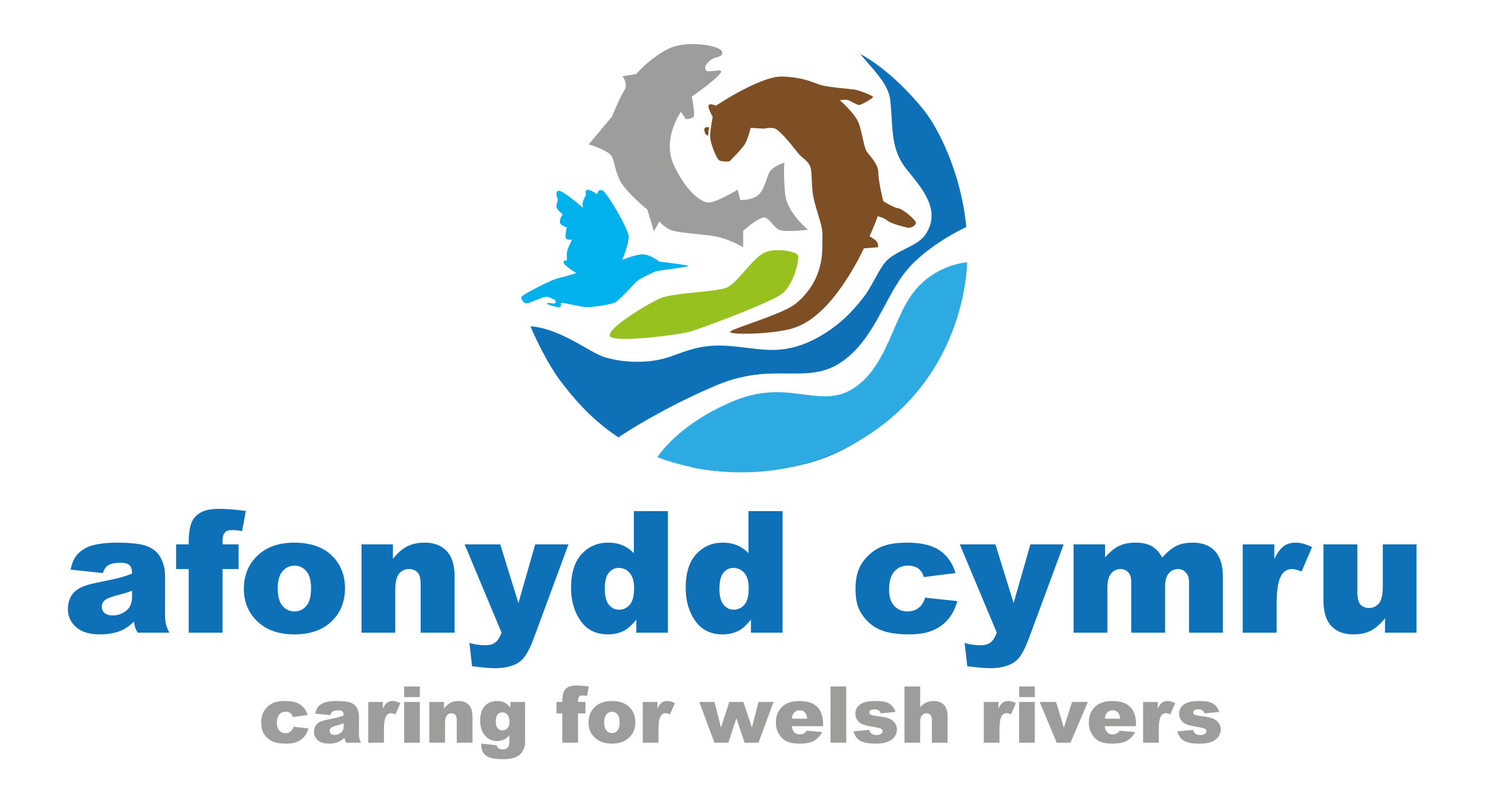While much focus has been on the impact of sewer overflows to rivers, another significant impact to our rivers comes from highways drainage into our watercourses.
The widespread development of roads has impacted our watercourses in many ways. The construction of roads has led to modifications to our watercourses, for example through bridge footings, culverts and changes to our rivers natural paths. These can act as barriers to migration and damage the natural habitat of the river.
Additionally, highways are posing significant pollution risk to river water quality, yet to date the scale of the impact to our watercourses has been overlooked. There is no direct monitoring of highways pollution, so we have no idea the extent nor impact that roads drainage can have. However, roads have the potential to carry a number of toxic pollutants including microplastics, metals (copper, zinc, cadmium), polycyclic aromatic hydocarbons (PAHs) and particulates (rubber, carbon, plastic, grit). Impacts from these pollutants would include the disruption to natural biological processes and the depositing of pollutants to river beds and sediments, which inhibit the spawning of migratory fish, such as Atlantic Salmon and seatrout..
Roads are designed to drain freely, to prevent the build up of standing water on their surface. Contaminants deposited on the road surface are quickly washed off during rainfall. Where traffic levels are high the level of contamination increases and therefore, the potential for unacceptable harm being caused to the receiving water also increases.
According to UK government, there are 21,000 miles of roads in Wales (compared to 187,200 miles in England). In Cardiff alone, it is reported that there are over 80,000 highways drains and gullies. This poses significant potential for pollution of watercourses in Wales.
More Information:
“New Report Into Road Runoff” Afonyd Cymru news item, 15th May 2024
“Highway runoff and the water environment” CIWEM/Stormwater Shepherds report, May 2024
“Why we need to start focusing on road runoff pollution to protect our rivers” Institute of Civil Engineers, November 2023.
